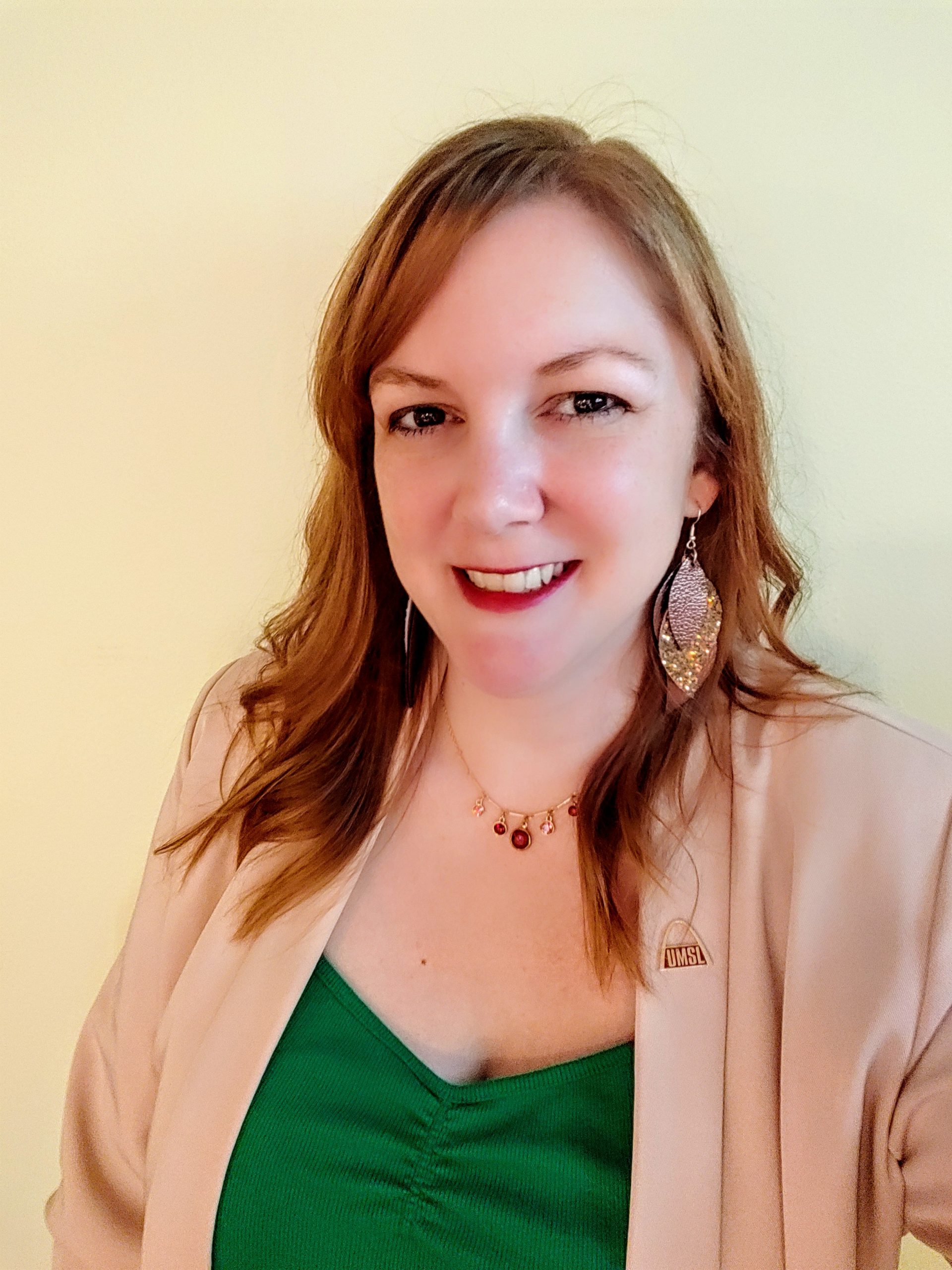I often hear nonprofit fundraising professionals advize one another to avoid connecting with donors on social media. In my opinion, this is terrible advice!
A misconception about fundraising is that it’s all about asking for money. Those of us trained and working in the field know that it’s really about relationships. We meet people for coffee and lunch. We give them behind the scenes tours of our museums and gardens. We hold galas and golf tournaments so we can spend time getting to know them better. We send a card on their birthday. We call them when we have an exciting story to share about a student who graduated or a family who moved into a new home because of their generosity.
If our job is to build relationships, why do we shun a free opportunity to be with our donors and interact with them online? Especially now that a global pandemic is keeping us from the in person events and meetings we have used as a staple of relationship-building.
Social media interaction can allow us to spend more time with our donors and learn more about them. I propose that every fundraising professional who interacts with donors should have a personal profile on the channels where their donors are active and should connect with them.
Here’s my top 3 reasons fundraising professionals should be connecting with donors on social media:
-
To get notifications of life events. Donors will generally post about major life events such as birthdays, anniversaries, new jobs, recognition or awards, loss of a family member or pet, a child’s graduation, etc. Each of these is an opportunity to reach out to the donor and let them know you’re thinking of them. And that interaction doesn’t have to take place only on social media, you can take what you learn there and call or send a card in the mail!
-
To allow donors to get to know you better. There’s a fundraising adage that “people give to people,” and we say it because it is true. Whether a donor gives their time, talent, and treasure to a nonprofit has more to do with the humans they interact with there than it does with the mission statement. Social media can be your way of showing them who you are, and of building trust.
-
To manage volunteers. Volunteers are a type of donor, and depending on the volunteers you are working with, social media may be their favorite way to organize and communicate! I managed a young professionals board that liked to use a Facebook group to talk between meetings; I needed to be present there with my personal profile to interact with them. I’ve worked with a few volunteers who would rather be contacted through Facebook messenger than by email, phone, or text message. We need to be prepared to meet people where they are.
With so many benefits, why are so many nonprofit professionals resistant to interacting with donors on social media? I think it often comes down to one of two things: the fundraiser isn’t currently active on social media and doesn’t want to start using it now, or the fundraiser is active on social media and doesn’t want to share all of the parts of themself they share on social media with their donors.
To the first group of fundraising professionals I say: Just as we have adapted to using a good CRM instead of a spreadsheet or notecards, just as we now email or text a donor if they prefer that to a phone call, we must learn new technologies that allow us to perform our job better.
To the second group of fundraising professionals, I say: If you do things with your personal social media you don’t want to share with your donors, for example share photos and details about your children or discuss political views that you wouldn’t bring up in a donor meeting, you can create a separate profile for work purposes and be intentional there about what you share. A caution, however: there is no such thing as guaranteed privacy on social media, so even on personal accounts with strong privacy settings, consider that anything you post could end up seen by anyone.
There has never been a better time to use social media to get to know your donors better! Don’t let the advice of professionals who aren’t comfortable with a valuable tool dissuade you from using it.



0 Comments